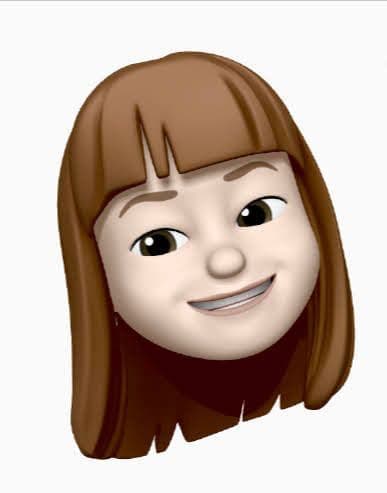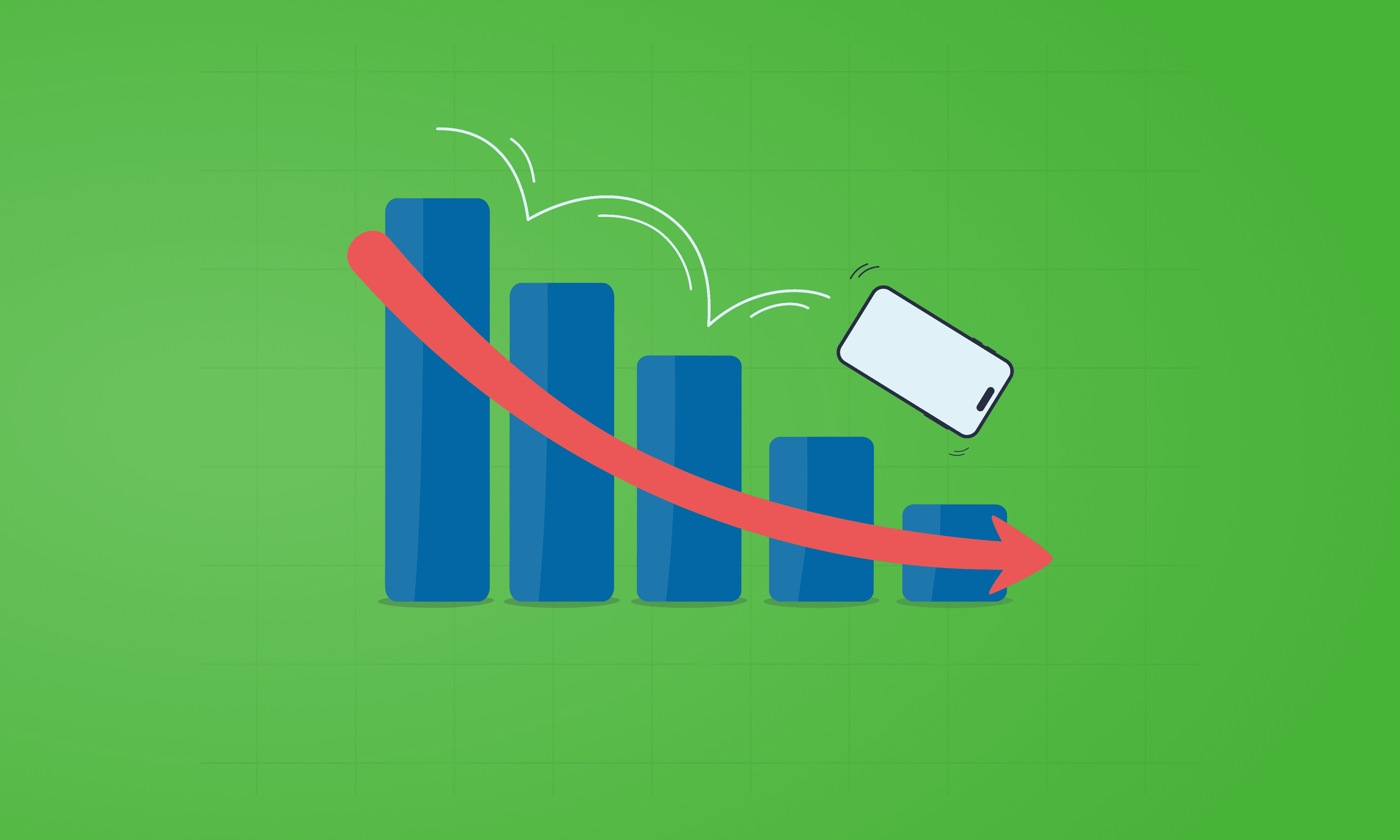For Mental Health Awareness Week, we highlight 5 top mental well-being apps that can help you manage stress, mood, and mindfulness daily.

Written by Gabrielle,
Last updated on 16 December 2025

We are now a couple of days into Mental Health Awareness Week, so we would like to offer you our recommendations of the best mental well-being apps that you can download right now.
It ought to be stated that as human beings, we experience a vast array of emotions and experiences, and we can also have a variety of psychological struggles that come with these. With each of our experiences in the world as individuals being so varying and subjective, these apps may not even begin to scratch the surface of what you are experiencing. You might find some of these apps useful and a step in the right direction in terms of looking after your mental health, however these apps are not equipped to replace actual medical intervention and therapy if you need it. Whether you need some support or you need to help someone else, Mind.org is the leading source of information and provides advice and helplines. Do not hesitate to reach out if you or someone you know is struggling with their mental health.
The Self Care Forum defines self care as "the actions that individuals take for themselves, on behalf of and with others to develop, protect, maintain and improve their health, wellbeing or wellness". In the digital age, companies and developers have invented ways for us to carry out this mental nurture via our mobile devices. Here are our recommendations in no particular order of apps to help you carry out your own digital self care:
This Artificial Chatbot app positions itself as a self-care expert. It can gently prompt you day by day to say how you feel, tracking your emotions, and providing simple but effective Cognitive Behavioural Therapy (CBT). Woebot will provide you with tips and education in the form of videos and articles, teaching you about how making small changes in your life can eventually lead to big differences. At the Google Developers I/O conference, WoeBot was awarded as the "Standout Well-Being App" of 2019: a worthy award for an app which manages to find the right balance of encouraging the user to help themselves with conversational nudges without being too pushy.
Available on Google Play and the App Store.
This app, which is focused on mediation and peace, is centred around three pillars of a calm lifestyle: sleeping well, meditation and inward reflection. It uses an array of mediums including relaxing music, stories and motivational speaking. Winning iTunes' coveted "App of the Year" in 2017, Calm has gone from strength to strength. In its premium version, there is a wide variety of options for digital self care, including over a hundred guided meditations covering anxiety, focus, stress, sleep and relationships. There is also an entire library of sleep stories with new stories added every week, exclusive music tracks for focus, relaxation and sleep with new music added weekly, plus a monthly Calm Masterclass featuring world renowned experts.
Available on Google Play and the App Store.
Built by Mind, Elefriends is a community support focused app for people to connect anonymously and to share tips and experiences regarding mental health with each other. This is a safe space where people can communicate with others who are often able to relate to their experiences. Shared perspectives are valuable as they empower people to give help to others as well as to receive help themselves. Notably, this app is moderated by Mind employees who ensure that the platform remains a safe space. They are also available to be contacted directly from 6am-9am and 10am-2am 7 days a week.
Available on Google Play and the App Store.
Headspace was created by a man named Andy Puddicombe who dropped out of his Sports Science degree to become a Buddhist monk. His meditation training took him across the world where he was eventually ordained at a Tibetan monastery. While it is not written in everyone's stars to undertake a pilgrimage to the Indian Himalayas to become a monk, we can all instead learn about mindfulness and meditation through apps like Headspace which can be accessed quickly and easily on our smartphones. Headspace has an array of features, including guided meditations, animations and videos. There is also a variety of programmes on offer, including meditation for work, children, sleep, focus, stress and anxiety.
Available on Google Play and the App Store.
Our fifth choice of app is SuperBetter, which frames overcoming personal hardships as a game to win. Games are usually regarded as diversions to life's challenges, as opposed to means to conquer them. Contrastingly, the premise of SuperBetter is the latter. This app was created by a game designer Jane McGonigal who herself experienced the challenge of having to overcome a particularly severe case of post-concussion syndrome. She struggled with remembering names, following conversations, nausea, headaches and vertigo, but nonetheless became determined to overcome her afflictions. She reinvented herself as Jane the Concussion Slayer, a heroine who later gave rise to the SuperBetter framework and subsequent app.
SuperBetter allows us to envision ourselves as the hero or heroine of our own stories, encouraging us to overcome challenges to reach the ongoing goal of achieving happiness. This app is great for those of us with a gaming mindset, and as a well-being app it has a unique proposition which goes beyond simply tracking our thoughts and emotions- it frames digital self care as something more goal-oriented and playful.
Available on Google Play and the App Store.
There has been a lot of finger pointing at mobile phones in recent years as being responsible in part for the deterioration of our collective mental health, and there is no denying that the increased accessibility of the internet has brought an array of adverse effects on our mental well-being. You may want to consider a digital detox if you feel that your smartphone is beginning to take over your life. On the other hand, there are companies and developers out there aiming to help us use our mobile devices as tools to help us carry out digital self care. There is a variety of steps that we can take to look after our mental health, and for some of us that first step is downloading an app.
Cover photo by Sergei Akulich on Unsplash.

The iPhone used to define innovation. Now every new model feels the same. Is Apple’s story running out of pages?

See which Apple, Samsung and Google phones hold their value best over the first and second year on the market.
With Pixels becoming a decent contender for your upgrade choice, we’ve crunched the numbers to reveal depreciation patterns of Google Pixel phones.